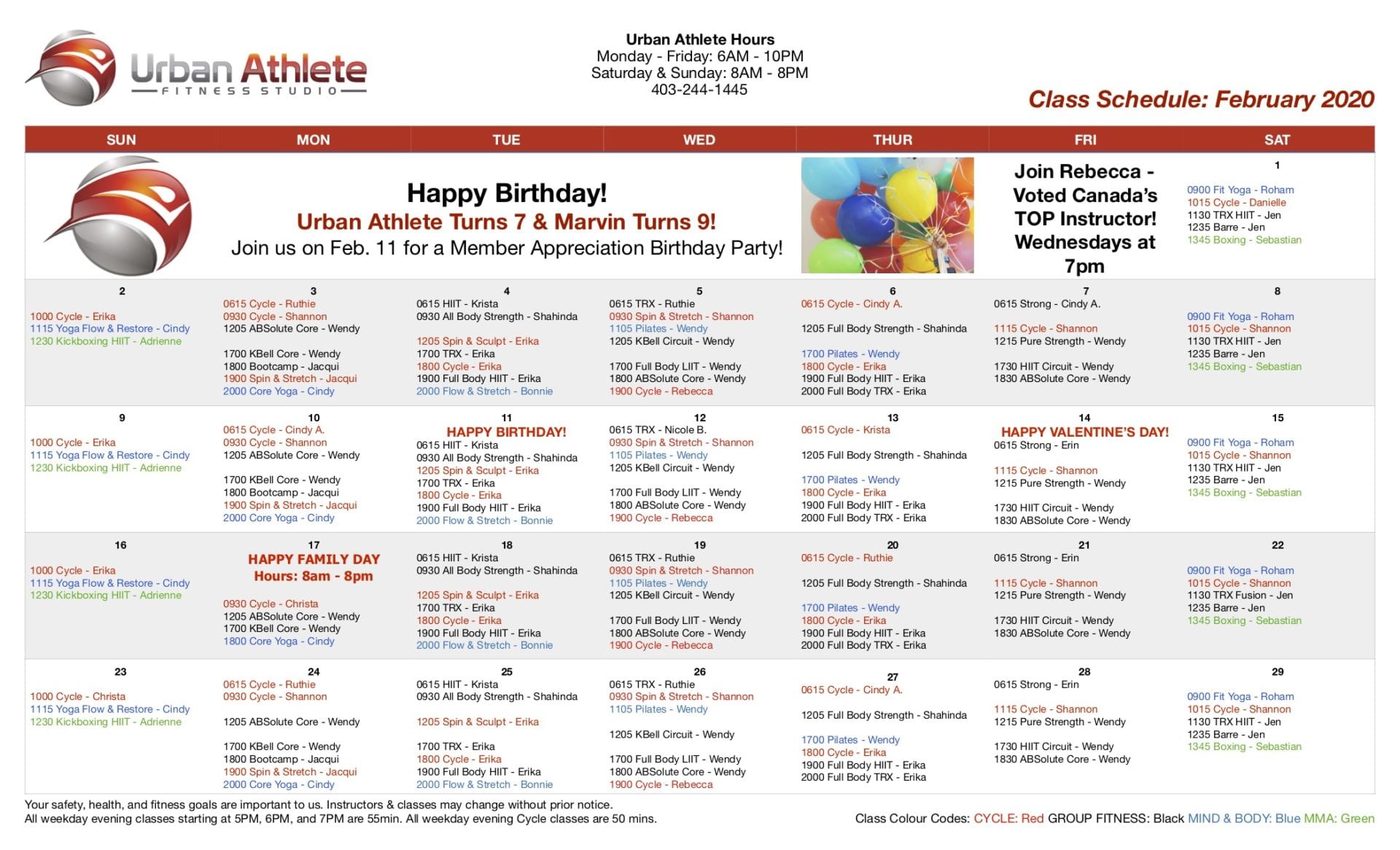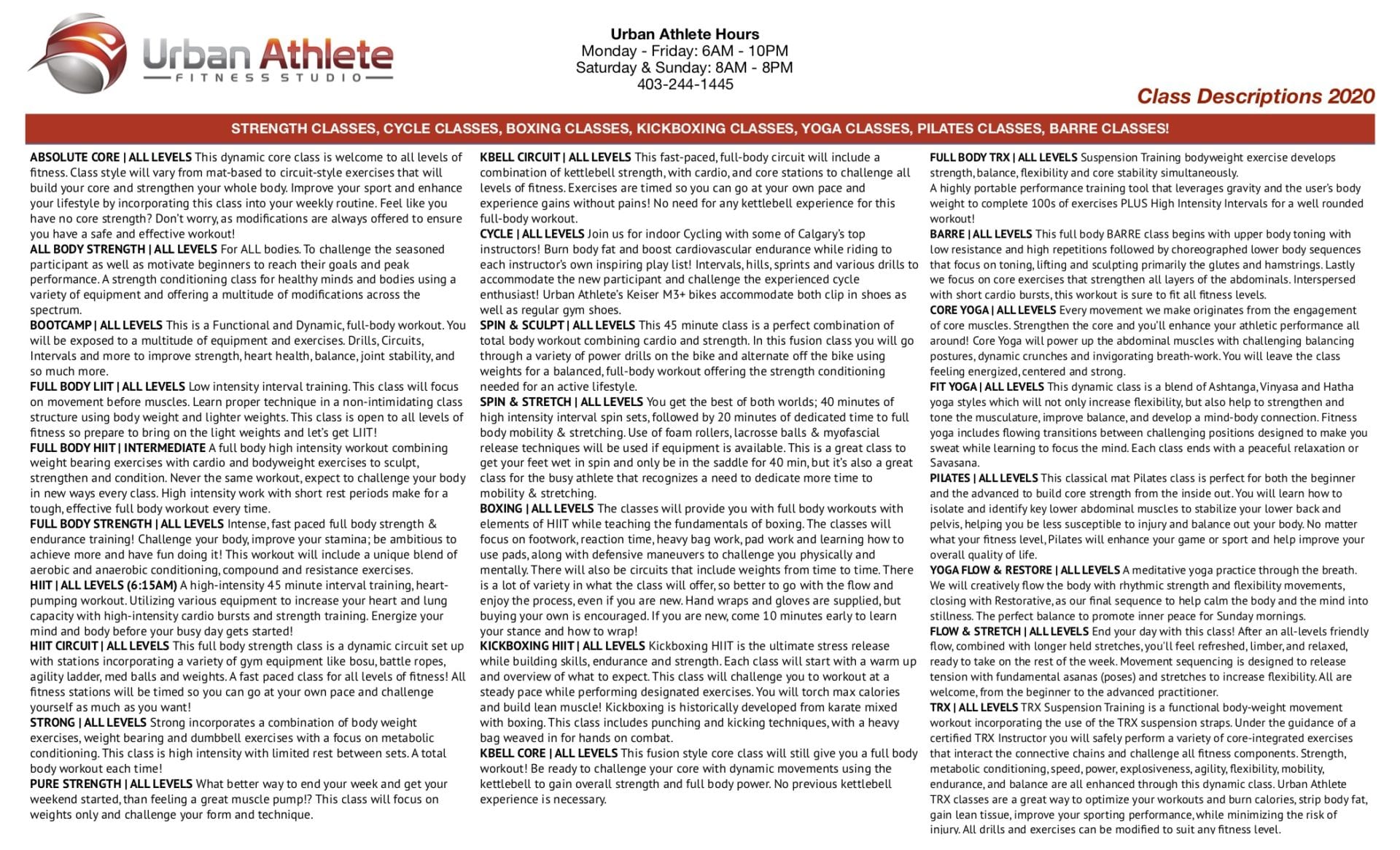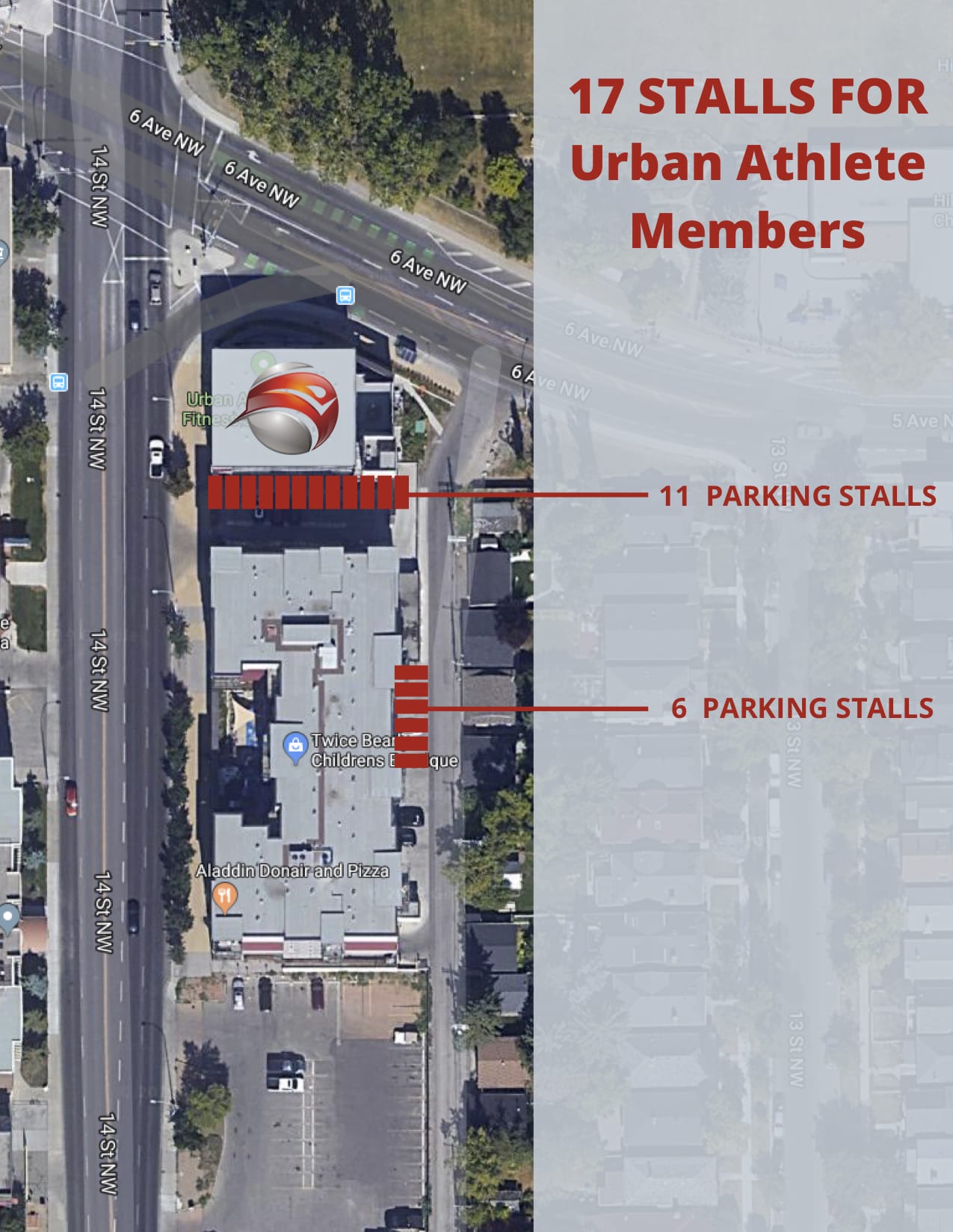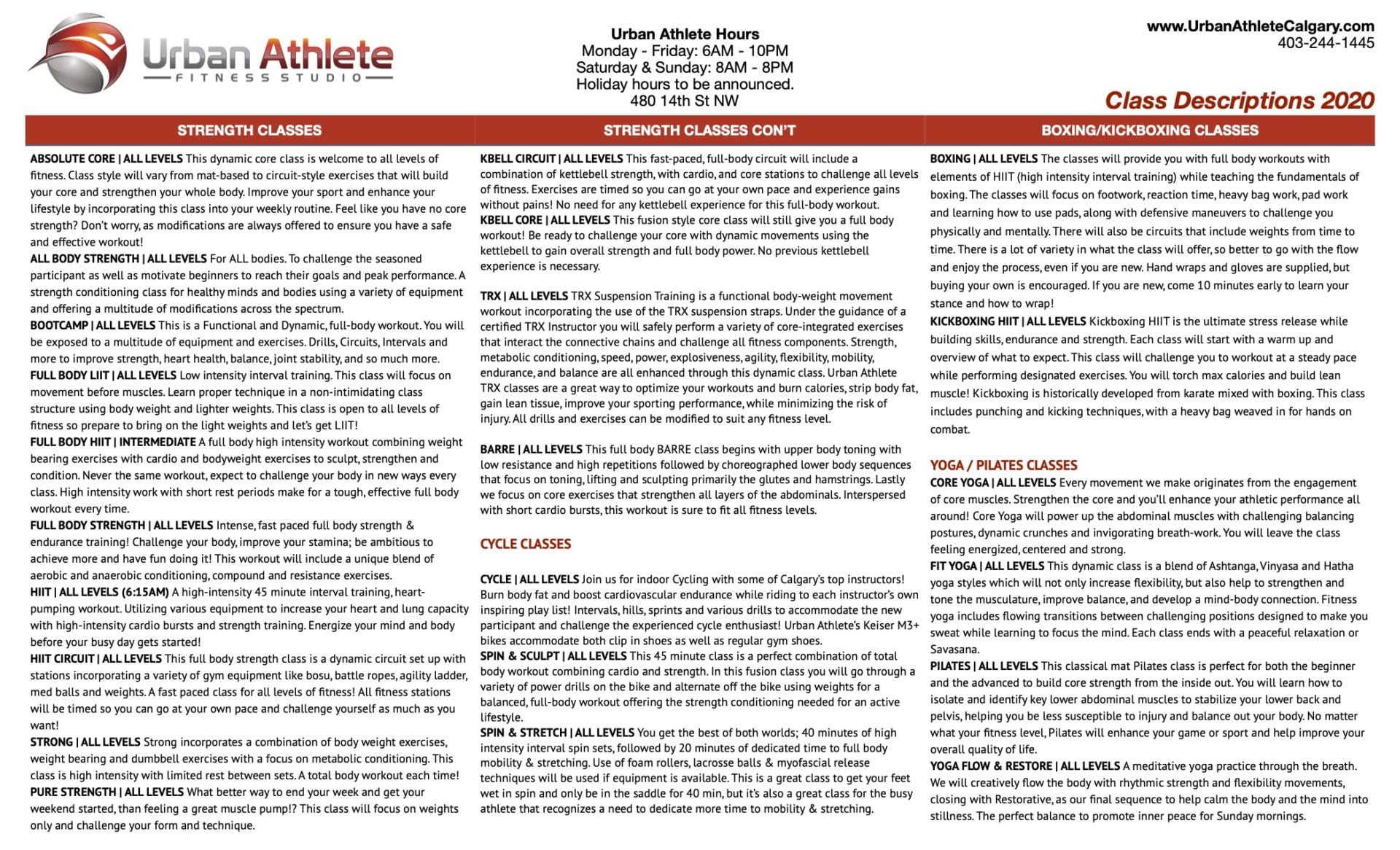[fusion_builder_container hundred_percent=”yes” overflow=”visible”][fusion_builder_row][fusion_builder_column type=”1_1″ last=”yes” spacing=”yes” center_content=”no” hide_on_mobile=”no” background_color=”” background_image=”” background_repeat=”no-repeat” background_position=”left top” hover_type=”none” link=”” border_position=”all” border_size=”0px” border_color=”” border_style=”” padding=”” margin_top=”” margin_bottom=”” animation_type=”” animation_direction=”” animation_speed=”0.1″ animation_offset=”” class=”” id=””][fusion_text]
“Let food be thy Medicine” – Hippocrates
by Nicole Barnes, C.H.C.H.
As the pace of our lives speed up, so can the pace at which we consume food. Our hectic schedules can have us eating on the go while also engaging in conversations or texting and emailing on our phones. At times it may even feel like there’s simply not enough time to stop and enjoy a meal. With so much going on, it can be easy to shift to auto-pilot when it comes to eating.
The reasons we eat vary for each person and can be triggered by social, environmental, emotional and physical factors. Perhaps it’s a learned behavior from childhood, where you have been programmed to eat all your food off the plate. For some, we may turn to food to relieve stress, emotions or just out of plain boredom. As a result, we can become out of tune to what’s going on inside our bodies and what its really trying to tell us. Did you know that if we practice mindful eating it can help us to lose weight, alleviate stress and anxiety, improve digestion and even reduce inflammation? You may be asking, what is mindful eating exactly? Mindful eating refers to an awareness around food and what our bodies are telling us. It’s a practice that helps us gain control over our eating habits. This practice teaches us to be aware of our eating patterns and even helps us to tune in to genuine hunger cues. Research suggests that a slower, more thoughtful way of eating “could help with weight loss and even steer us away from consumption of less healthy food choices” (Harvard Health). Let’s look at the why, when, what and how of mindful eating in connection to achieving better health and a more positive relationship with food.
WHY?
We often think about digestion beginning in the mouth but it actually starts with our brain…what we see, smell or even just think about food. Chewing would then be the next step of digestion, and food must be easily swallowed for it to be properly digested by the time it arrives at the stomach. Slowing down helps to keep us in tune with our body and supports the regulation of our nervous system so that it’s ready to absorb, digest and properly utilize the nutrients. In contrast, when we quickly and mindlessly eat our food, digestion may be compromised and the entire digestive process can be impaired. What the mouth and stomach fail to digest, the pancreas must compensate for and while the pancreas can compensate to a point, digestion will be slower and less complete than if the stomach is given an opportunity to do its work. Common symptoms that may accompany this experience would be inflammation/bloating, gas, indigestion, pressure in our stomach or just an overall uncomfortable feeling in our digestive tract. When we cultivate awareness, we can better appreciate and recognize taste, texture, aroma and presentation of food.
WHEN?
Digestion involves a series of signals between our gut and the nervous system, so it takes about 20 minutes for our brain to register its reached satiety, which is a feeling of fullness. Essentially, we want to listen to those cues and stop eating when we’re 80% full. By listening to these cues and being more mindful, we can prevent overeating ( and the associated weight gain) as well as many digestive issues.
WHAT?
What we eat is probably the most important aspect. We should be mindful of consuming a balanced diet that consists of fresh fruits, vegetables, whole grains and healthy fats and proteins. What your diet looks like will be different for each person as we are all biochemically unique. What works for one person may not work for another, and there’s certainly no one diet that fits all. With so many diets out there, its important to listen to what your body needs and nourish it with the right nutrients and not to follow a diet just because its trendy. Remember, food is fuel. If you’ve been feeling tired lately or even stressed, think back to what you ate earlier this week: were your meals well- balanced or were you missing key nutrients? Oftentimes, when we lack balance and even variety with our meals, we can find ourselves deficient in specific nutrients, leaving us feeling drained or constantly hungry.
HOW?
How we eat is also as important as what we eat. Here are 6 simple ways you can be more mindful with your food:
Slow down: Chew every single piece of your food slowly in a relaxed environment and wait until your food enters your stomach before the next bite. Chew each bite until it’s dissolved…this can mean up to 20-40 times. By doing so, it allows the body to properly process all that is going inside of you.
Cultivate awareness: Be present with your food and eat with intention: turn off the TV and shut off your computer/ phone while eating at the table. Distracted eating is a main contributor to unintentional overeating. Also pay attention to your portion sizes whether at home or while dining out. When eating, be aware of the flavours, aroma and texture of food.
Listen to your body: Before opening the fridge or pantry, take a deep breath and ask yourself, “am I really hungry?” If not, try doing something to else, like read, drink water, or go for walk. On average, our level of genuine hunger tends to be around 2-3 hours after the last time we’ve eaten something. Becoming aware of the body’s internal cues to hunger and satiation can help keep our blood sugar levels stable and increase energy levels. The exact timing of course, will be different for everyone.
Intentionally eat foods that are nutritionally healthy. Be intentional as you walk through the grocery store. Read food labels and be aware of ingredients you can’t pronounce. Buying fresh foods and cooking at home can also be very beneficial for weight loss, increased energy, and other health – oriented goals.
Hydrate before eating. Oftentimes, we may eat more than we think we need and it can be due to dehydration. When you drink a glass of water before you eat, you’re less likely to consume as many calories, and you’ll remain hydrated. Try not to drink large amounts of fluids with your meals as it can dilute your digestive enzymes and stomach acid, which makes it harder to breakdown food. If need be, take smaller sips.
Appreciate your food. By taking a moment to appreciate your meal, you can cultivate gratitude and become more thankful for having access to food and clean water. That is something to be grateful for!
Anyone can learn to eat mindfully, but we must be intentional. It takes practice and awareness of our food and surroundings. By being more mindful we can build healthier habits, a greater feeling of satisfaction, and learn to use foods that will nourish and fuel our bodies so we can have optimal health.[/fusion_text][/fusion_builder_column][/fusion_builder_row][/fusion_builder_container]





